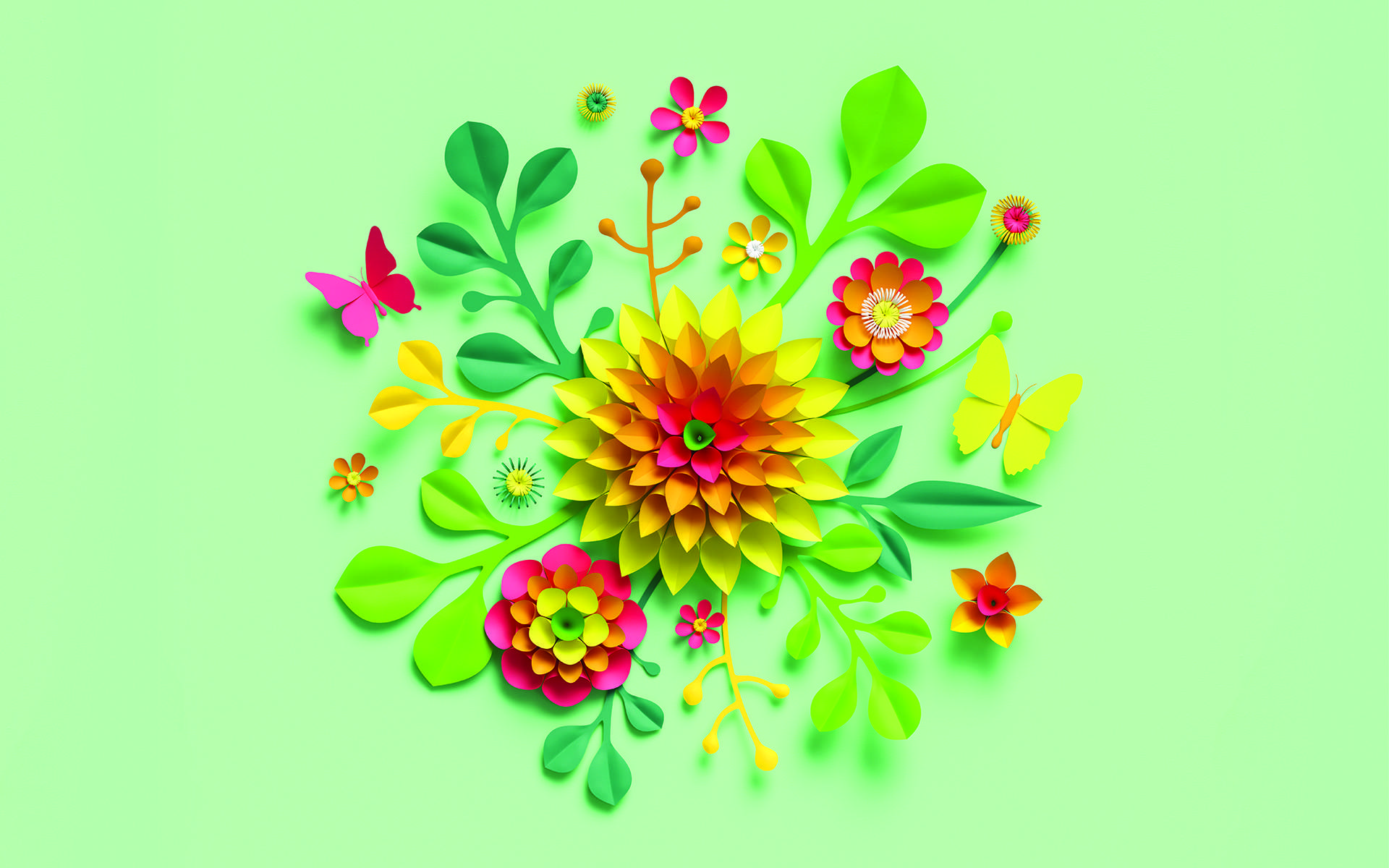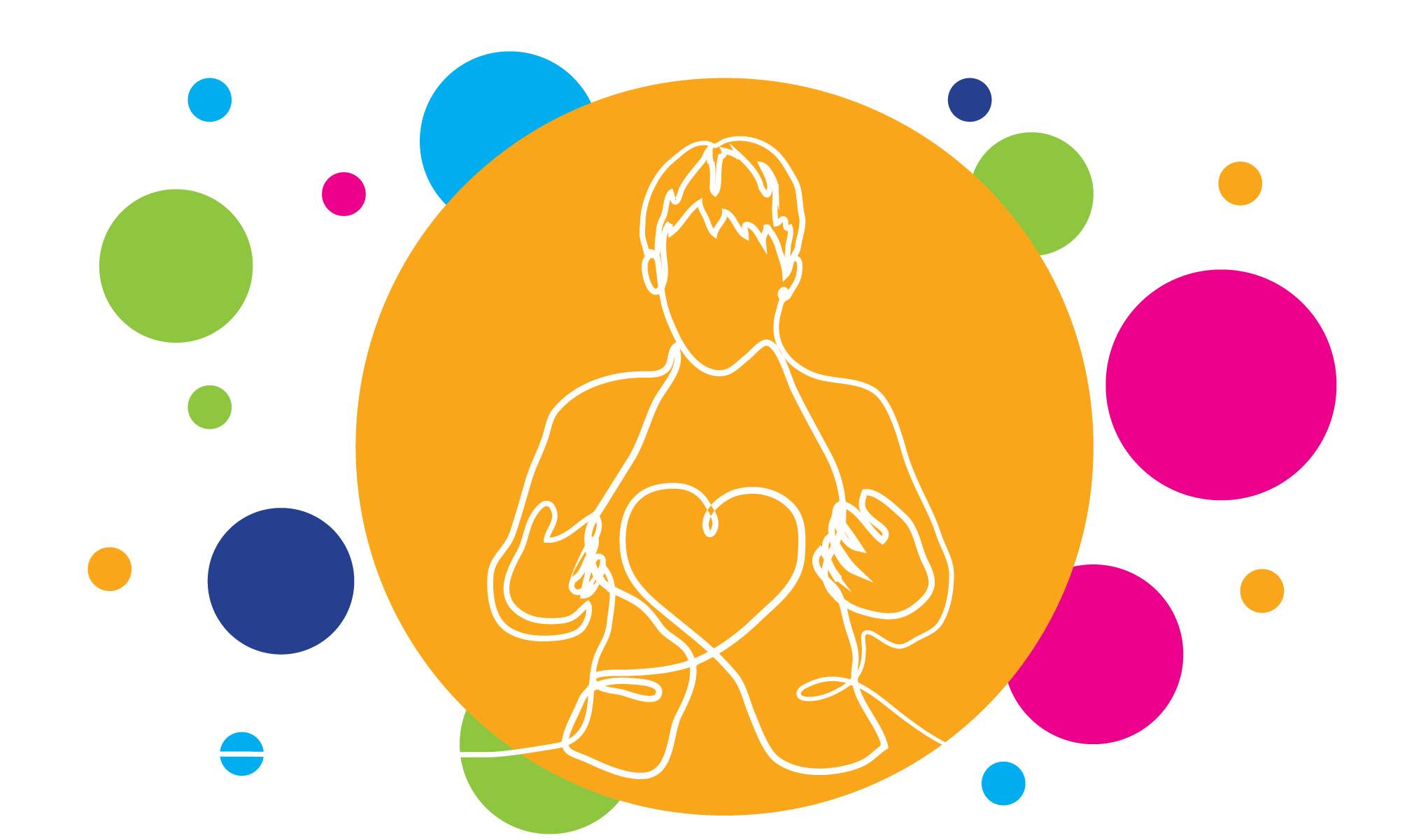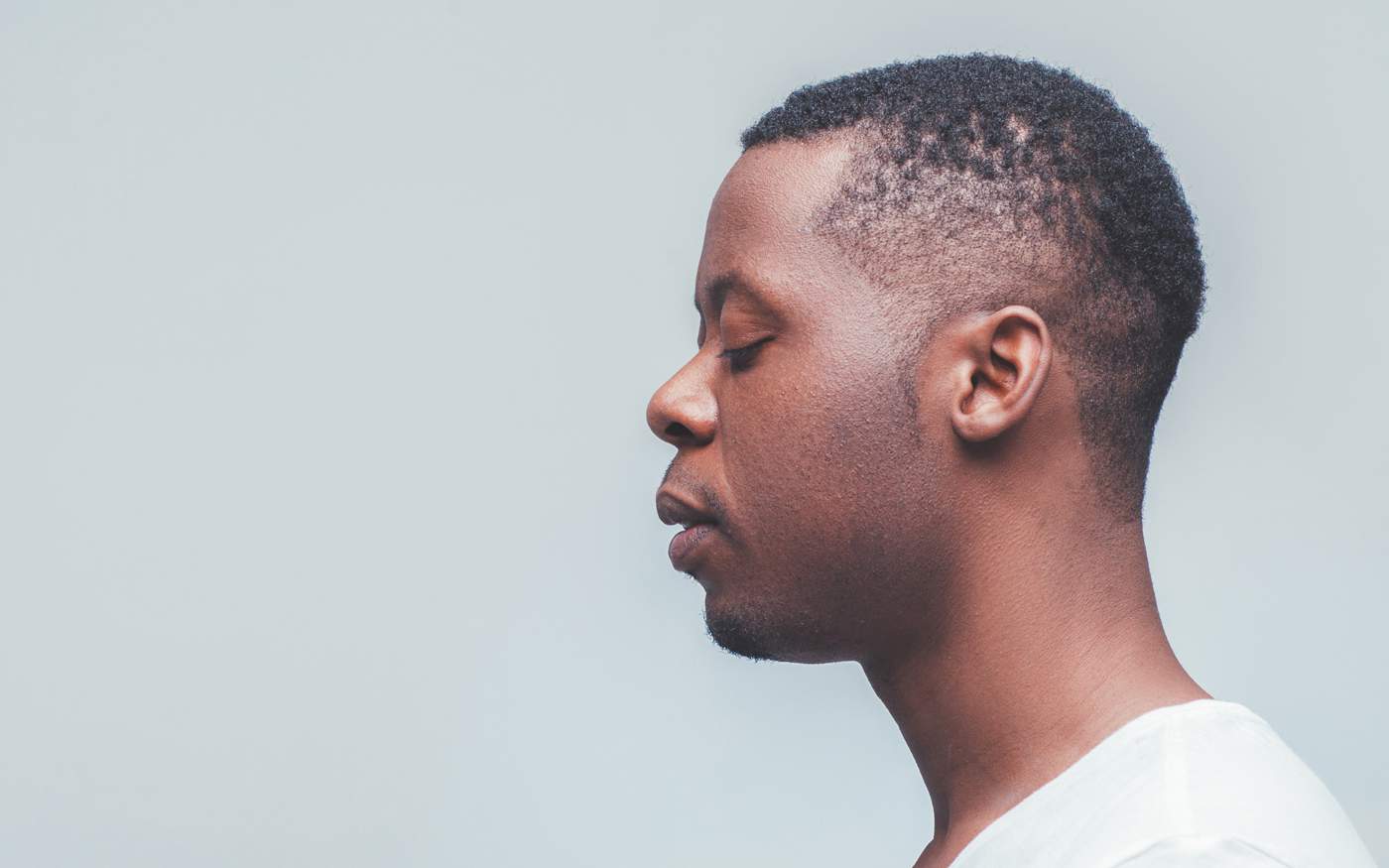Vicissitudes.
I’ve always loved that word. It seems onomatopoeic. You can hear the ups and downs of change and variation in there, and the pain of all that jolting. Just when things are going so…this other thing comes along. It does make sense that we’re so heavily wired for safety and security, and are therefore resistant to change and the challenges it brings. Because survival, right? Be safe, be secure, keep things the same, survive.
Ah, but life doesn’t cooperate with that instinct. It’s right there in the definition of vicissitude in the American Heritage Dictionary: “the quality of being changeable; mutability.”
One choice when the deep drive to be safe and secure meets up with the mutability of all of life is just to say, “F— it, I don’t care,” but the damn thing is, if you’re human, you cannot help caring. And that’s one of life’s massive conundrums.
My inner human raged: “Of course you care. You care deeply. You want this to work.” But caring was killing me. And in an endeavor that’s about developing composure and equanimity, it didn’t make a lot of sense.
When we started Mindful magazine and mindful.org, I didn’t want to do it. I thought it was crazy to start a magazine in the internet age (and many others agreed). People protested. “You folks need to do this. Someone will do it, and it shouldn’t be Martha Stewart. She knows nothing about mindfulness.” My arm was twisted right into doing it, along with several others as foolish as I was. It was so very complicated and so very hard. I’d worked on magazines all
my adult life. I loved them, but I was never in charge. Each issue has hundreds of little and big elements, and the little ones are as hard as the big ones, and the people who work in this world tend toward perfectionism, and there are lots of opinions. To hold the stress at bay, I told myself I didn’t care if it worked out.
But my inner human raged: “Of course you care. You care deeply. You want this to work.” But caring was killing me. And in an endeavor that’s about developing composure and equanimity, it didn’t make a lot of sense.
It was hard for me to accept that caring, such a good thing, could lead to crippling levels of anxiety and stress, and there is so much to care about beyond just doing a good job: people you love deeply, your health, and then the big things like equality, justice, the environment, and on and on. Since we can’t not care, and yet caring can kill us, we have to find a way to strike a balance: learning how to love and care without caring yourself to death. That’s the art. And it requires a child-at-play, naïve, que será será attitude that is nevertheless anything but cold and uncaring. This paradox of caring deeply while being carefree at the same time takes skill, and while mindfulness practice is not a magic wand to confer that skill, it can be a huge help.
I have to admit that it took me long years to cultivate some equanimity in the midst of Mindful’s evolution. Amid a storm of vicissitudes, I doubted and regretted deeply. I do not now. It has been a great teacher. Like they say about meditation, the point is not to do it right but rather to learn from the process. You start where you are and you go back to where you are.
When caring veers into controlling, that’s when a dose of carefree ease can make all the difference.
One big thing my “teacher” taught me was how brutal the fruits of expectations can be. With a meditation student or my daughters or staff or volunteers, I was eager to get someplace and accomplish big things, and that translated into visualizing precise outcomes and pouring all my energy in trying to bring those about, imposing that on others while burning myself out. (And that wreaks havoc on the whole role model thing. Who wants to emulate someone who drives themselves into the ground with stress?) I was trying to make what was uncertain—the future—certain. I learned the hard way how that just does not work.
At my low ebb, mindfulness helped me learn that effective caring begins with paying attention to what’s happening now and letting the results emerge as byproducts of caring in the present tense. When caring veers into controlling, that’s when a dose of carefree ease can make all the difference. A smile of appreciation at whatever happens goes much further than a grimace of withering judgment and disappointment.
Joy Emerges of Its Own Accord
Somehow, ironically, being carefree doesn’t mean not caring. In other words, not maintaining a laser focus on outcomes and expectations doesn’t mean we don’t care about whether we or
others do well. It’s how we get there that counts, and that’s a skill to develop, not something that just happens. Ed Hanczaryk knows a lot about this skill. A golf pro who employs mindfulness techniques in his instruction, he believes how we approach recreational life affects how we approach life at large. He celebrates a balancing act that combines intensity and ease, summarized as “Focus, Let go.” With mindful awareness, he suggests, we can see that “We create the world moment by moment: so fast that reality appears unbroken, linear. As with a movie projector, the flickering static images appear to move, creating a story.” When we become self-involved, we cling to this story. If, instead, our focus can land on the activity itself, the story we’re telling ourselves can be let go. When athletes perform at a high level, he says, “They’re so engaged and so trusting of their abilities, they’re not separate from the activity.” Joy emerges of its own accord.
Echoing this point, Mark Campbell—a performance coach who is also director of mental conditioning for the Washington Nationals—emphasizes that caring is what gets us into the game, because we do well when we care about something. Then, once we’re in the game, mindfulness can help us stay in, safely. “Passion drives people to be great and to continue moving forward during tough times. Caring is an amazing power, but it comes with responsibility—mostly to yourself. Learning to manage your self-care is important, refilling your tank regularly to have more of what you need when you need it.”
“Passion drives people to be great and to continue moving forward during tough times. Caring is an amazing power, but it comes with responsibility—mostly to yourself. Learning to manage your self-care is important, refilling your tank regularly to have more of what you need when you need it.”
Mark Campbell
Director of mental conditioning, Washington Nationals baseball team
Like other people in helping professions, Andrés Gonzalez of the Holistic Life Foundation, in Baltimore, says he finds it helpful to remember an adage that allows “me to be true to myself: You can’t keep setting yourself on fire to keep others warm.”Ashanti Branch, who like Andrés works with young people in urban schools, in Oakland, says that he cares “by not getting too attached” to a particular outcome, remembering a saying from an early mindfulness retreat: “No aversions. No cravings.” Caverly Morgan, another mindfulness teacher who works with young people, in Portland, Oregon, says there is a paradox, a fundamental riddle at the heart of our being about how to care deeply while also being carefree, and its answer lies in “remembering who we really are, that we’re not a separate little body/mind cut off from everything else that somehow also has the capacity to control everything. When we can truly remember we’re all made of the same stuff, we no longer see people as ‘others.’ We care deeply for everything, because we feel ourselves to be everything. And that recognition frees us to remember that we are not in control, and that’s the carefree part.”
While “being everything” may sound unbelievably woo-woo, it’s not truly different from the zone athletes and artists treasure. Whether it’s caring about doing a good job or caring about others, the point is to value connection over control, to find freedom in merging ourselves with what we’re doing and who we’re with, rather than expecting a certain result. When we let go of the controlling kind of caring that longs for multiple Facebook likes, the connecting kind of caring will emerge. We follow the passion deep in our heart to be in communion with others and surf life with energy—in the midst of all the deep challenges and pains of living.
Equanimity: What the hell is that?
Why do we ask ourselves, in the recesses of our mind, whether to care or not?
Because caring hurts. But that hurt in our heart is there simply because we’re alive. Sadly, there are many social norms and bad habits that shame us for our vulnerability. We’re supposed to look impervious to pain. Many a crying child has been mocked or shushed, so it’s easy to conclude that not caring, in the form of carelessness, might be the best solution: to shut down, ignore, feel separate, and imagine this is a form of control. Great rivers of dysfunction spring from this ingrained habit of avoiding heart-pain. By contrast, letting ourselves observe closely how we respond to pain and difficulty—and mindfulness practice is a most helpful means to do so—can become the source of equanimity. It’s one of those seemingly complex five-syllable words, but it simply connotes not overreacting: Whichever occurs, what we perceive as good or bad, we let it be. In some sense, we couldn’t care less. Outwardly, it can look like indifference, but it is simply being there. Indifference is actively resisting, while equanimity is infused with a carefree kind of curiosity and a distinct lack of striving and struggling.
Letting ourselves observe closely how we respond to pain and difficulty—and mindfulness practice is a most helpful means to do so—can become the source of equanimity.
Mindful Self-Compassion teacher and author Steve Hickman describes how he noticed at a certain point in his “mindfulness career” that “resisting what’s painful not only did not make it go away, it made it worse, because ‘what you resist persists.’ Whatever automatic thing I did to discharge the pain only compounded it and made me feel disheartened. Instead, now I try to ‘let it land,’ staying there long enough to really feel the hurt, knowing it won’t truly harm me. What often emerges is a resolve to take meaningful, wise action rather than avoidance or momentary gratification, like finding a way to spend time with those who have been left behind by the loss of a loved one. Reaching out rather than closing in. Pain, genuinely felt, reminds us of what we treasure.”
Perhaps another phrase for equanimity could be the paradoxical “carefree caring.” Michael Carroll, a meditation teacher and coach, came to realize that overly caring about his brother meant he was keeping score in their relationship, so he says, “I learned that caring too much for those I loved was more blinding than revealing.” By letting go of this control-oriented, judgmental, and outcome-oriented kind of caring, he “could feel the freedom to love him easily without feeling obligated to be a particular way toward him. Love without a scorecard.”
Jon Roberts, of Harvard Pilgrim Health Care, found something very similar when his son was born. “As a freaked-out father-to-be,” he says, “I devoured ALL the baby literature I could find, so I could prove to my newborn I cared, by knowing everything in advance. When he arrived, he was nothing like the babies in books. I had to reverse course. Instead of teaching him to be the baby I thought he should be, I’ve had to let him teach me, to learn who he is. In the process, I’ve become more comfortable with accepting the unexpected. In that way, my son has been a great mindfulness teacher for me. When I care so hard about getting it right—in meditation and in life—I hit a wall. When I hold mindfulness like a baby, and watch it
shit down my arm, I can sink into not-knowing, and I’m actually able to learn something, and there’s a baby-like joy in that.”
Deep Caring Well
The kind of caring that hopes knowing everything will allow us to fix everything (in both the make-it-stay-put and the repair-it senses of the word) is just another form of control that is out of sync with the changeability and uncertainty that rule life. We can never know fully, and as a teacher once counseled me, “Not-knowing is the most intimate,” because we don’t try to impose our partial knowledge on others. We pay attention to what’s really happening, not the movie narrative we’re constructing and thinking that means we know what’s going on.
Pat Rockman of the Centre for Mindfulness Studies, like her longtime friend Elaine Smookler, trained as a clown, in the tradition that sees clowning and jest as means of bringing authentic joy by breaking the molds we set ourselves in. One of the first rules of clowning is “care enough not to care,” and for Rockman that means “not being so gripped or invested that my knickers are always in a twist. It means caring about the relationships and endeavors that are deeply meaningful to us, which means though we necessarily have agendas, we don’t hold to them, care so, so much about them, that we’re ruled by our reactivity, our disappointments, our wanting things our way, wanting more, raging and blaming others for not being on the same page. We can act with an open heart, with persistence and patience (and in my case being patient with my lack of patience), not so attached and compelled that we burn ourselves out by caring so damn much.”
Caring too much in the wanting-to-control-outcomes and wanting-to-know-it-all sense makes us anxious and spreads anxiety. It puts everyone on edge. By contrast, being carefree exudes feelings of joy and ease and confidence: Whatever happens, happens.
We
will
deal.
Yet beneath that carefree surface lies a deep well of caring, of love. Having to choose what to care about and what not to care about is unnecessary. Our heart makes those choices on its own, choices we can trust. We can accept our desire to be secure but also listen when our mindful awareness tells us that we cannot know or control outcomes, and in the stillness that lies beneath our chaotic surface, we can feel a strength that comes from loving without striving.
Whatever it is you care about: Love it and also let it go.
read more
How to Be More Compassionate: A Mindful Guide to Compassion
Through loving-kindness and practicing awareness, you can connect more deeply with both yourself and others. Explore our new guide to lean into kindness and cultivate compassion every day.
Read More
Why Meditation is a Practice of Liberation
Talking with meditation teacher Ericka Philips, founding editor Barry Boyce reflects on the shared history of Black Americans in journeying toward freedom.
Read More
A Guided Practice to Connect with What Matters Now
It’s so easy to get caught up in the chatter of our own thoughts. Founding Editor Barry Boyce guides us through a practice to cut through the noise and take time for what matters.
Read More








